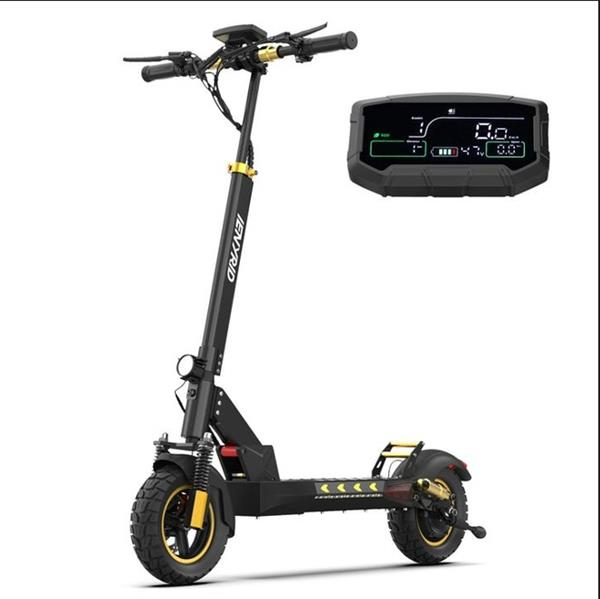|
||||
|
||||
|
|
||||
|
Electric scooters can only be legally used on private land with the permission of the landowner. You are, however, legally entitled to buy, sell and own an electric scooter. In UK law, an electric scooter is classified as a “powered transporter”, alongside products such as hoverboards, “go-peds” and powered unicycles.
What are the current vehicle requirements for an electric scooter? These are the same, stringent standards which cars are required to meet. This means that, amongst other requirements, an electric scooter must: · be roadworthy; · be registered with DVLA; · have up to date vehicle tax; · have a current MOT certificate · Must be Insure. What are the potential consequences of using an e-scooter on the road or pavement? Riders risk a £300 fine and six points on their driving licence if they choose to ride an electric scooter on a public road, pavement or cycle lane. Other penalties and offences include:
· Riding on a pavement: £50 fine · Riding without the correct licence: up to £100 fine · Riding through red lights: £100 fine and possible penalty points · Using a mobile device while riding: £200 fine and six penalty points Driving under influence: you face court imposed fines, a driving ban and possible imprisonment.
any person who uses an privately owned e-scooter on a public road is committing a criminal offence and can therefore be prosecuted. The use of an electric scooter in an antisocial manner in public could lead to the vehicle being seized under section 59 of the Police Reform Act. It's not currently possible to get insurance for privately owned e-scooters, which means it's illegal to use them on the road or in public spaces. If you're using a private e-scooter you risk the vehicle being seized under S.165 Road Traffic Act 1988 for no insurance. If you cause serious harm to another person whilst riding an e-scooter the incident will be investigated in the same way, it would if you were riding a motorcycle or driving a car.
| ||||
Reply to this message | ||||
|
||||
|
|
|








